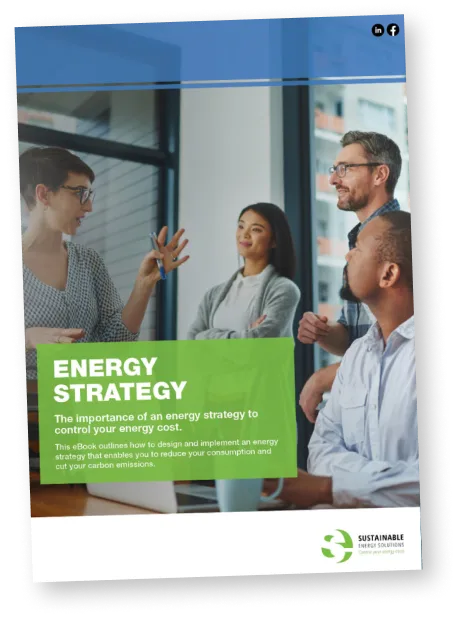The Australian energy market is grappling with several pressing challenges as reports from multiple outlets highlight ongoing struggles with grid stability, supply shortages, and the transition to renewables.
On Monday (December 2nd), Renew Economy covered the growing concerns over financial guarantees in the energy sector, as Delta Electricity, owner of the Vales Point coal-fired power station, cited difficulties securing bank financing due to emission commitments. Small generators echoed these challenges, warning that AEMO’s credit requirements could disrupt competition and consumer pricing if not addressed.
In the Sydney Morning Herald on Sunday, forecasts indicated that Victoria and New South Wales may face gas shortages by 2026 unless they turn to imports, as Bass Strait gas production declines more rapidly than anticipated. The issue is compounded by warnings from EnergyQuest, which projected that local supply might only meet 70% of NSW/ACT demand during peak winter periods in coming years.
Meanwhile, the ABC on Monday reported AEMO’s push for emergency powers to curtail rooftop solar generation during extreme conditions to avoid grid instability. AEMO emphasised the reliance on conventional generators like coal and gas plants to maintain grid strength, underscoring the challenges of balancing a rapidly growing rooftop solar market.
Last week, the Australian highlighted how recent high temperatures triggered grid instability in NSW, leading to calls for residents to limit energy use during peak hours. Climate Change Minister Chris Bowen reaffirmed his belief in renewables as the solution to energy volatility, while pointing out that coal-fired plants frequently experience unplanned outages. Record renewable capacity is being added to the grid, with the Clean Energy Regulator predicting that renewables will account for 45% of electricity generation in 2025.
The Australian Financial Review shed light on potential savings for households through electrification and renewable adoption, forecasting up to a 20% reduction in energy bills over the next decade. However, delays in wind farm development and transmission projects could temper these savings. The AFR also detailed AEMO’s recent efforts to secure emergency power to avert blackouts in NSW during the heatwave, which strained an already weakened coal fleet.
As always, SES Account Managers continue to emphasise the importance of running a full tender during optimal market conditions to avoid periods of volatility when contracting for commercial and industrial electricity or gas. As highlighted by this news-wrap, the key factors to consider at this stage include market volatility, rising summer demand, power station outages and low reserve conditions.
If you haven’t secured your contract yet, time is running out. Retailers have begun sharing their holiday period cut-off dates for pricing and contract commencements, which will begin in the next few weeks.
The narrowing timeframe often leads to rushed decisions and inadequate consideration of market dynamics. The fact that many large-market energy users still have yet to sign contracts also creates additional pressure on retailers, heightening the potential for mistakes and poor decision-making.
If you are yet to finalise your electricity or gas contract for 2025, or for a tailored conversation on best energy solutions on how these market dynamics impact your business, please contact your SES Account Manager as soon as possible by filling out our contact form or calling us on (02) 9371 4153.
*Disclaimer: This article is general information only and does not constitute financial advice. Electricity and gas commodities are volatile markets and prices vary daily.

